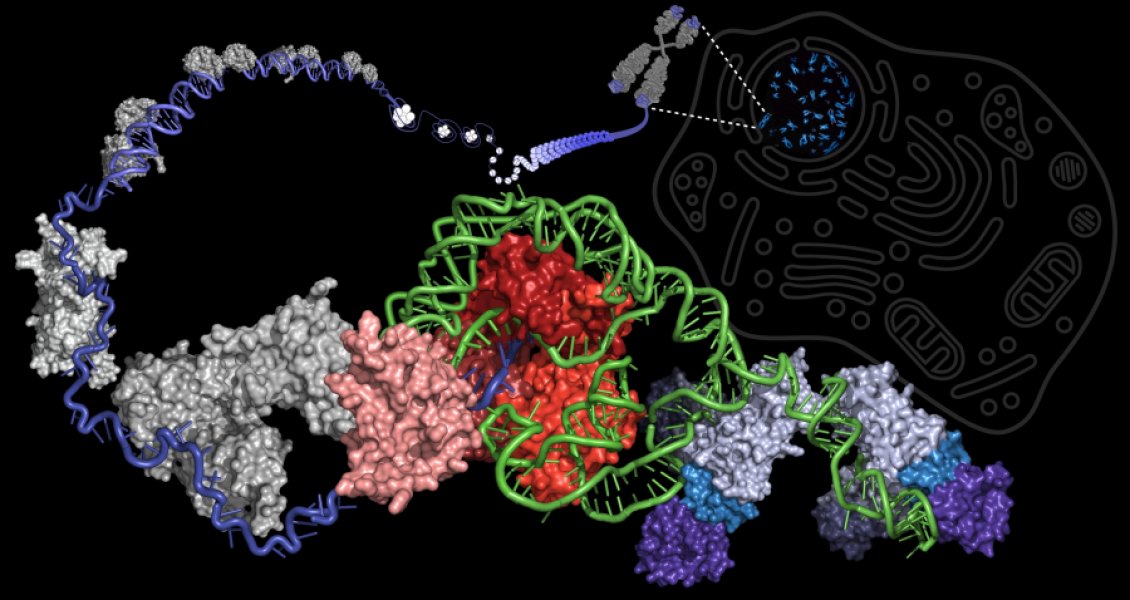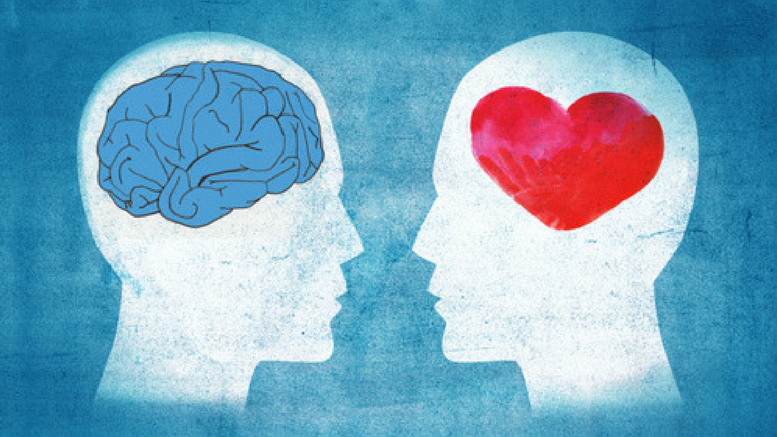Imagine walking alone at night. Up ahead on the sidewalk, you notice a person lurking in the shadows, and a chill runs down your spine. You pause as you run through your options. Do you turn around and go back the way you came? Cross to the other side of the street? Or do you ignore your fear and keep walking straight ahead? Now picture another scenario in which you’re strolling through a crosswalk. Suddenly, you’re startled by the sound of tires screeching and a glimpse of something moving quickly…
Read MoreCategory: Health
Hidden Secret Of Immortality Enzyme Telomerase
Can we stay young forever, or even recapture lost youth? Research from the laboratory of Professor Julian Chen in the School of Molecular Sciences at Arizona State University recently uncovered a crucial step in the telomerase enzyme catalytic cycle. This catalytic cycle determines the ability of the human telomerase enzyme to synthesize DNA “repeats” (specific DNA segments of six nucleotides) onto chromosome ends, and so afford immortality in cells. Understanding the underlying mechanism of telomerase action offers new avenues toward effective anti-aging therapeutics. illustration depicting the enzyme telomerase This figure…
Read MoreThe Best Way To Treat Hormonal Acne, According To Dermatologists
Acne is the most common skin condition in the United States. In fact, according to the American Academy of Dermatology, roughly 40 million to 50 million Americans have acne at any one time. For many people, blackheads, whiteheads and pimples are a normal part of puberty. But for plenty of others, women in particular, acne can be a stubborn problem that occurs well beyond their teenage years. Enter hormonal acne. To be clear, a lot of acne is hormonally driven ― including the kind you may have experienced during puberty ―…
Read MoreLove and Fear Are Visible Across the Brain, Not Restricted to One Region
In the field of affective neuroscience, rivalling theories debate whether emotional states can be regarded as an activity of only certain brain regions. According to a new doctoral dissertation at Aalto University, an emotional state affects the operation of the entire brain instead of individual emotions being localised only in specific regions in the brain. ‘From the biological point of view, an emotion is a state of the entire brain at a given moment. For example, the brain may interpret certain action models, memories and bodily changes altogether as anger,’…
Read MoreNew Malleable ‘Electronic Skin’ Self-Healable, Recyclable
University of Colorado Boulder researchers have developed a new type of malleable, self-healing and fully recyclable “electronic skin” that has applications ranging from robotics and prosthetic development to better biomedical devices. Electronic skin, known as e-skin, is a thin, translucent material that can mimic the function and mechanical properties of human skin. A number of different types and sizes of wearable e-skins are now being developed in labs around the world as researchers recognize their value in diverse medical, scientific and engineering fields. The new CU Boulder e-skin has sensors…
Read More




